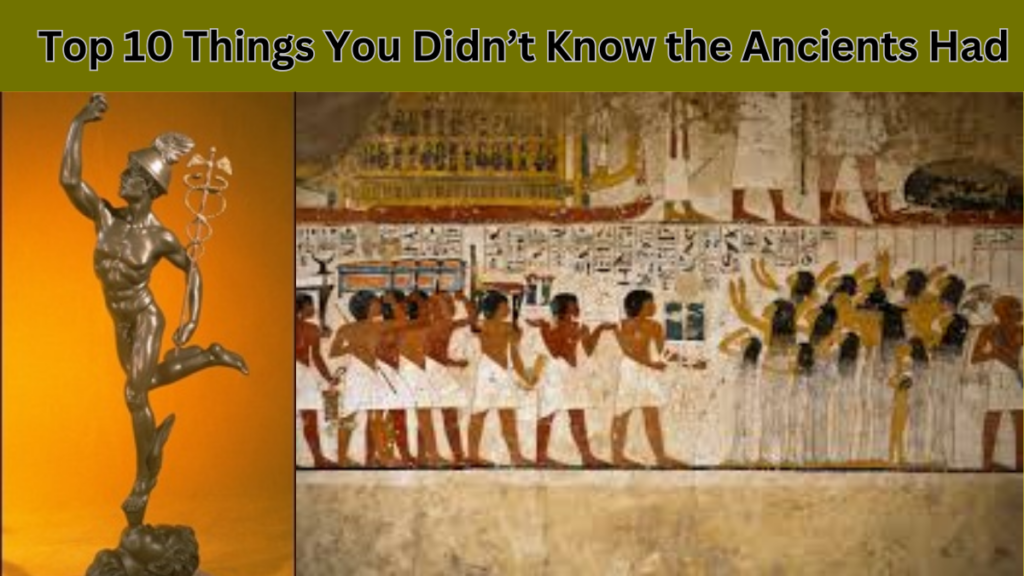Top 10 Unfortunate or Embarrassing Deaths
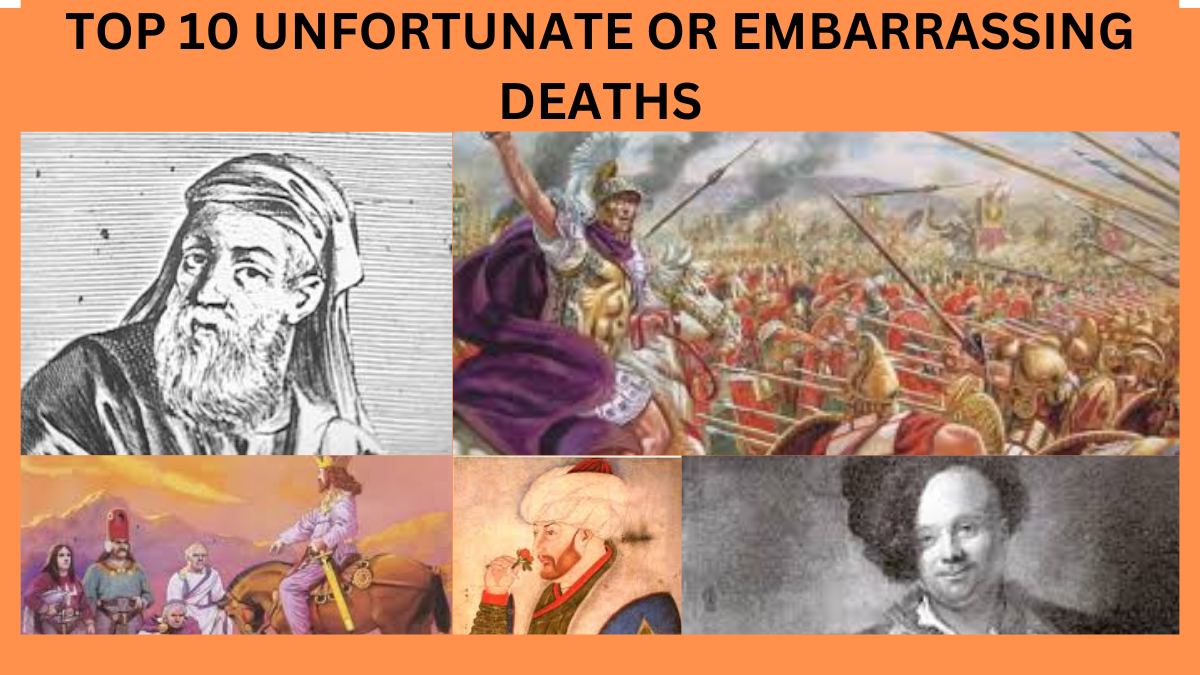
Unfortunate or embarrassing deaths can often be both tragic and bizarre. These stories of how people met their end reveal a mix of irony, poor judgment, and unusual circumstances. From historical figures to famous personalities, these deaths are remembered not just for their final moments but also for their unusual nature.
Bandō Mitsugorō VIII—Died 1975 AD
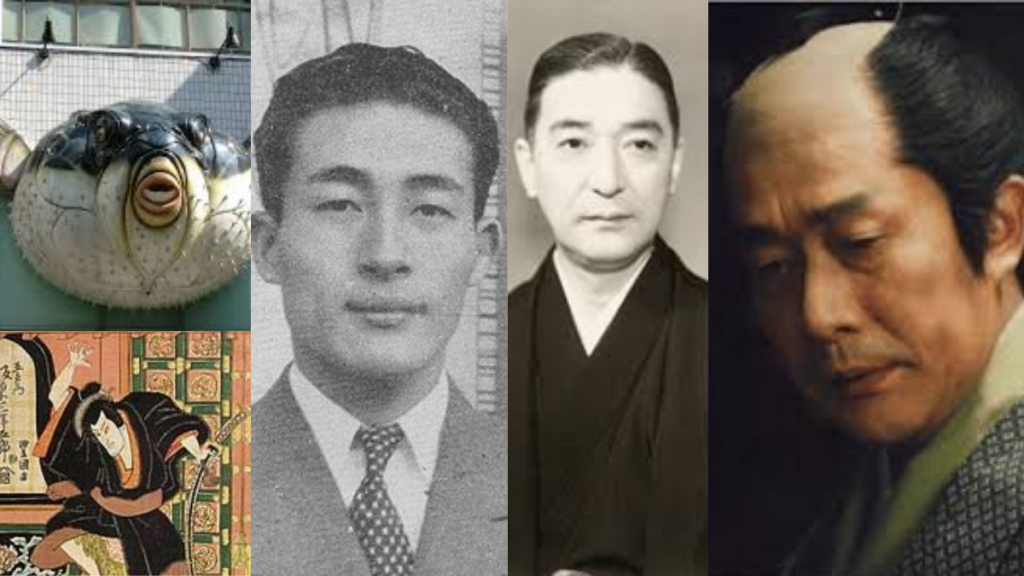
Bandō Mitsugorō VIII, a renowned Kabuki actor from Japan, met an unfortunate end after consuming pufferfish liver. Despite claiming immunity to its toxins, he died within seven hours. His choice to eat the deadly delicacy highlights a tragic case of overconfidence.
Julien Offray de La Mettrie—Died 1751 AD
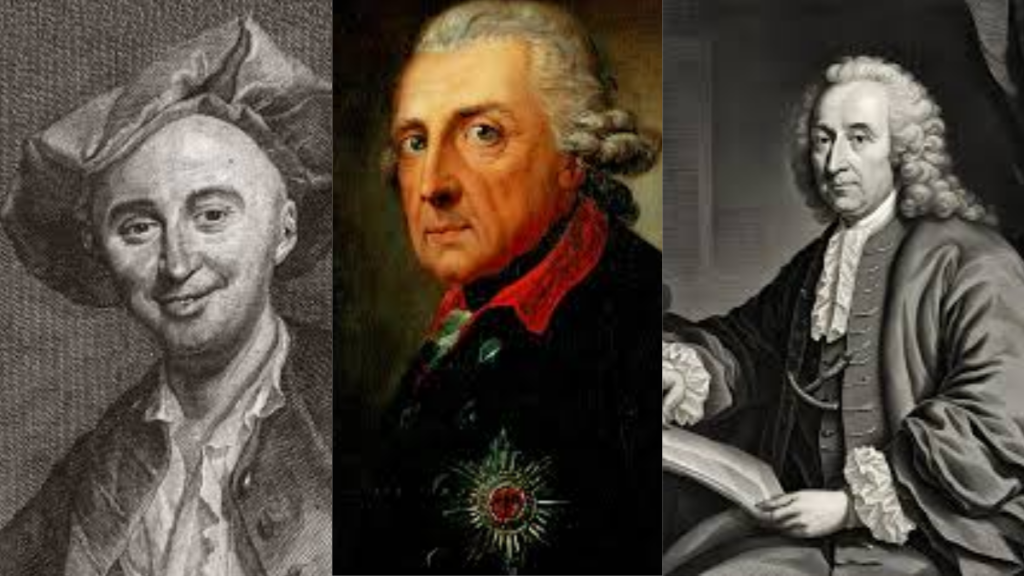
Julien Offray de La Mettrie, a French philosopher and doctor, ironically ate himself to death. Known for his belief in indulging in life’s pleasures, he succumbed to a feast of truffle pâté, which led to his demise. His death underscores the perils of extreme self-indulgence.
Arthur Aston—Died 1649 AD
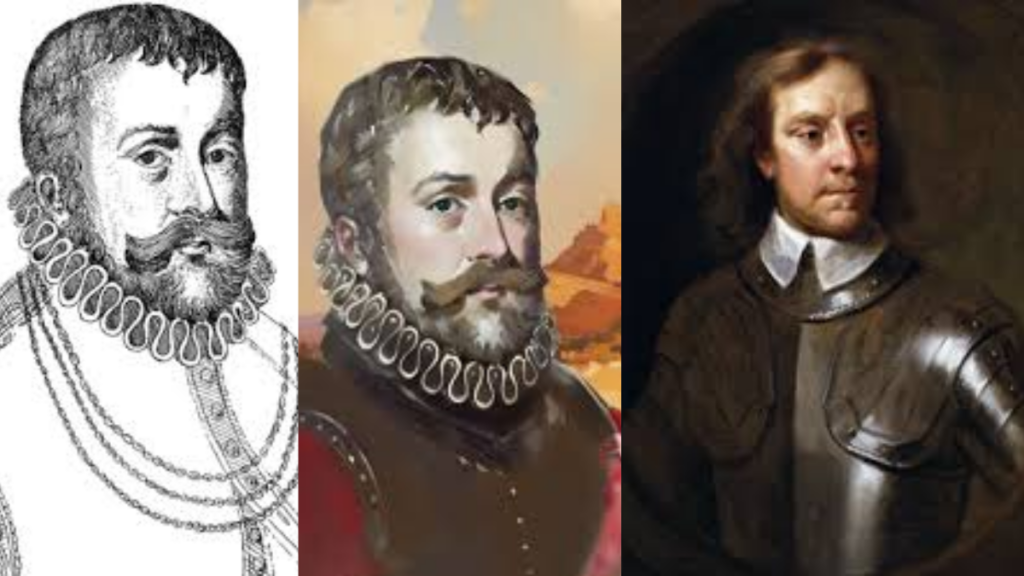
Sir Arthur Aston, a professional soldier, was killed in a bizarre manner during the Siege of Drogheda. After falling from a horse and losing a wooden leg, he was beaten to death with it by soldiers who suspected him of hiding treasure. His death was as tragic as it was unusual.
Humayun—Died 1556 AD
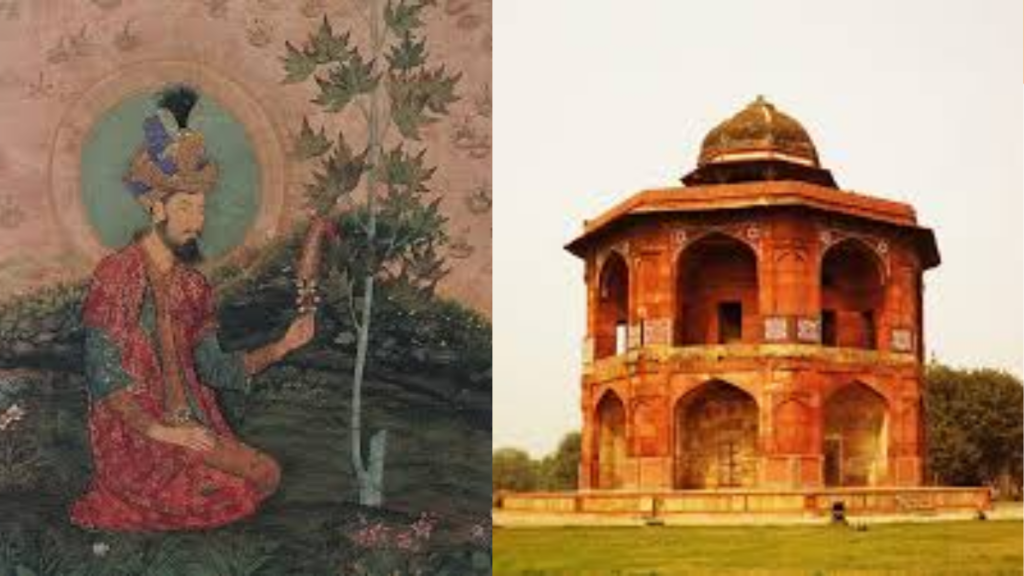
Mughal Emperor Humayun met a tragic end when he tripped over his robes and fell down a flight of stairs. His fall was fatal when he struck his head on a rock. His death, while accidental, reflects the hazards of even routine activities in a high-stakes life.
King Edward II—Died 1327 AD
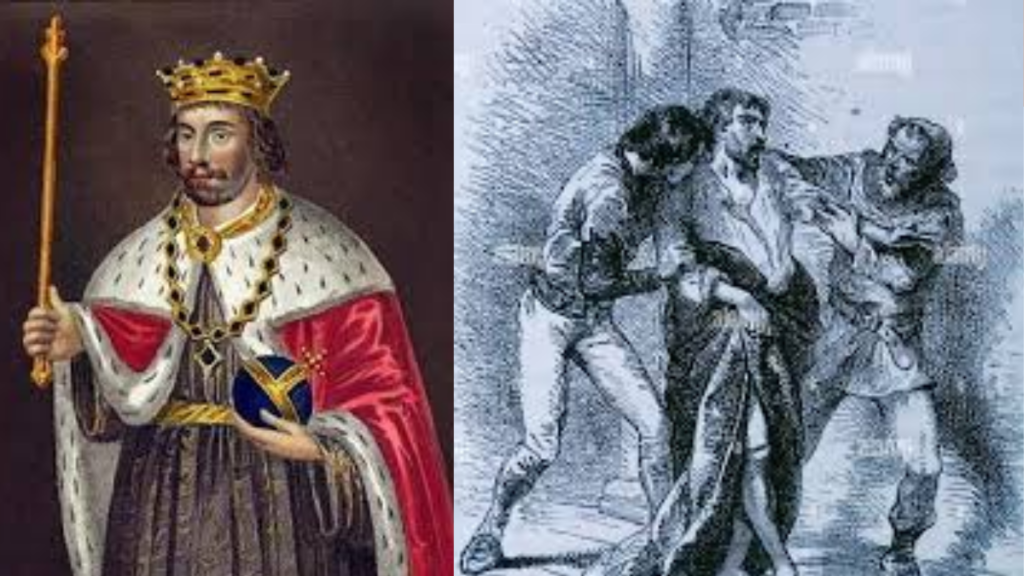
King Edward II of England experienced a gruesome death. After his abdication, he was murdered with a heated poker introduced through his anus. This brutal method of execution highlights the extreme measures taken in political retribution during medieval times.
Humphrey de Bohun—Died 1322 AD
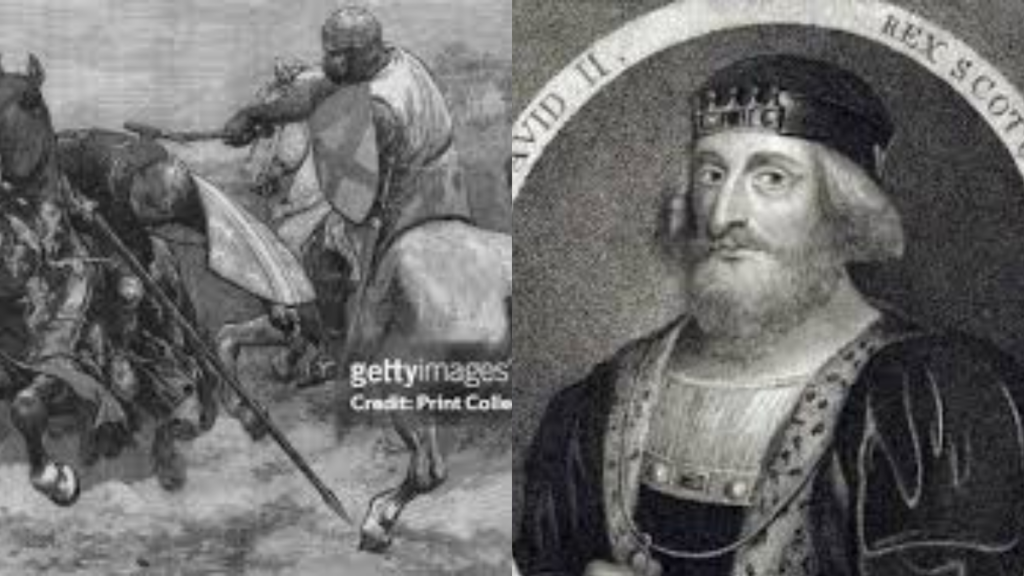
During the Battle of Boroughbridge, Humphrey de Bohun, 4th Earl of Hereford, was speared through the anus. This unusual and painful death came during a tumultuous period of English history, marked by conflict and betrayal.
Emperor Valerian—Died 260 AD
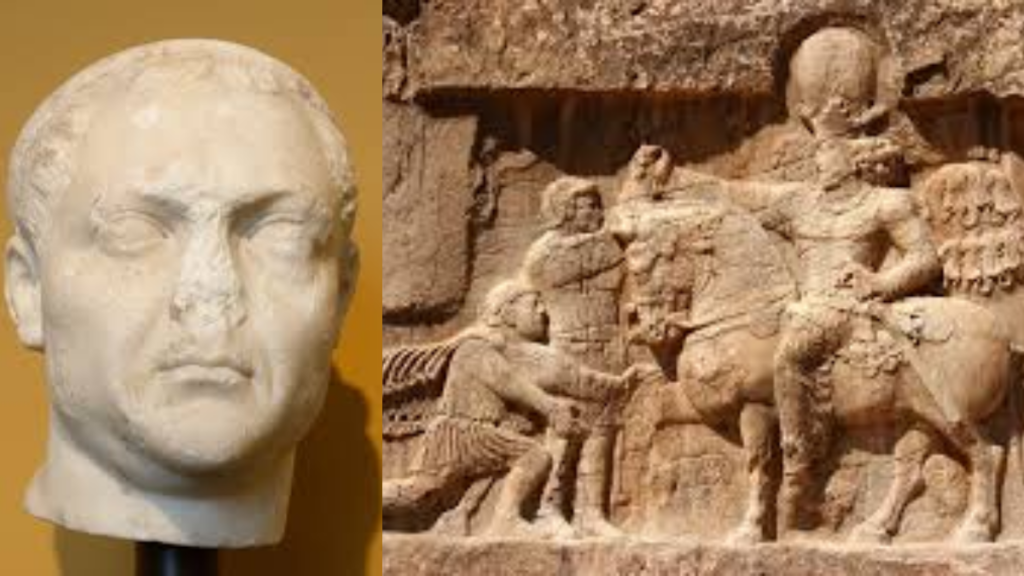
Roman Emperor Valerian met a humiliating end when he was captured and used as a footstool by the Persian King Shapur I. Afterward, he was skinned and displayed as a grotesque trophy. This death served as a severe symbol of defeat and dishonor.
Eleazar Maccabeus—Died 162 BC
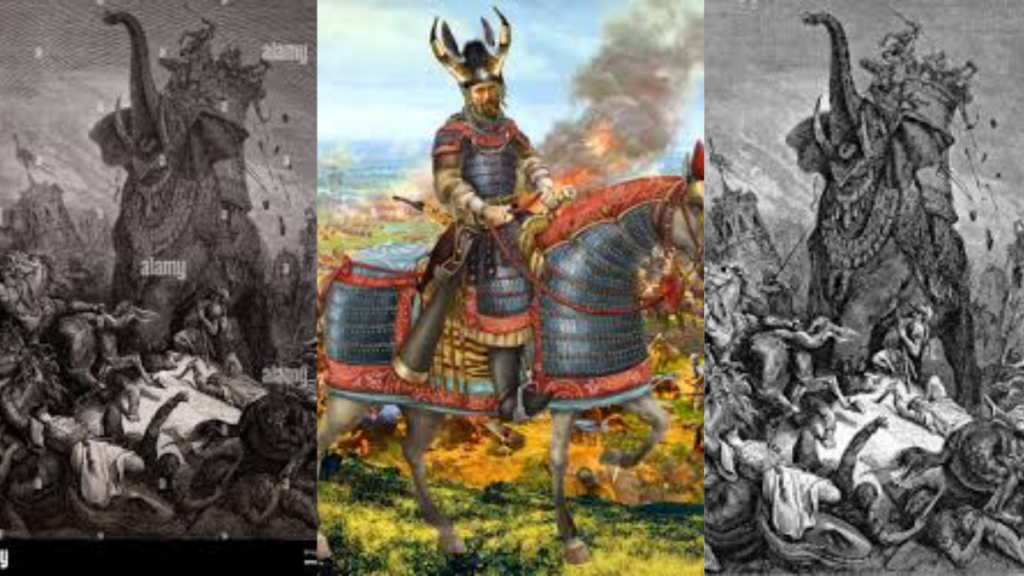
Eleazar Maccabeus died in a tragic twist of fate when the elephant he killed fell on top of him. His attempt to slay an enemy’s elephant to gain glory ended with his own death, illustrating the unpredictability of battle.
Pyrrhus of Epirus—Died 272 BC
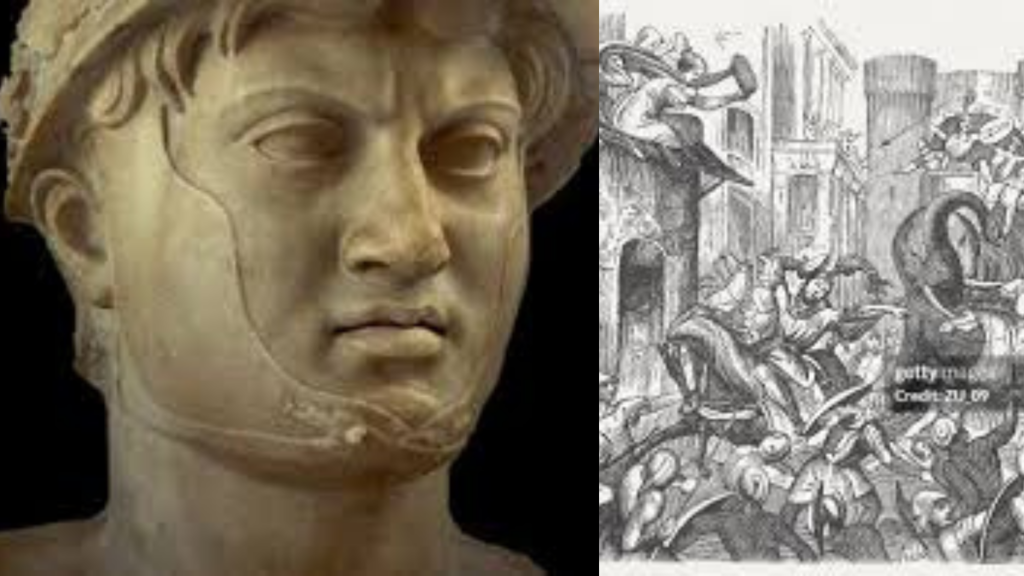
Pyrrhus of Epirus, a great conqueror, was killed by a thrown roof tile during a battle in Argos. The unexpected projectile stunned him and led to his death by a common foot soldier. This incident underscores the randomness of war and fate.
Empedocles—Died 430 BC

Philosopher Empedocles threw himself into Mount Etna’s volcano, hoping to deceive his followers into believing he had become immortal. However, his plan failed when one of his sandals survived the eruption, exposing his deceit and leading to his ironic demise.
These deaths remind us of the often ironic and tragic twists of fate that can mark the end of one’s life.


